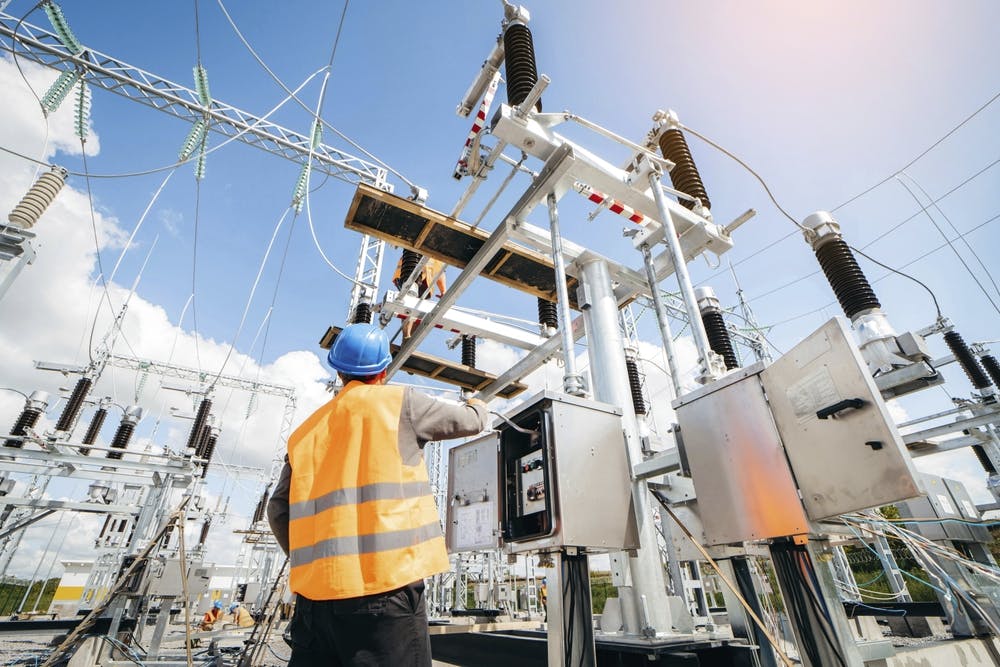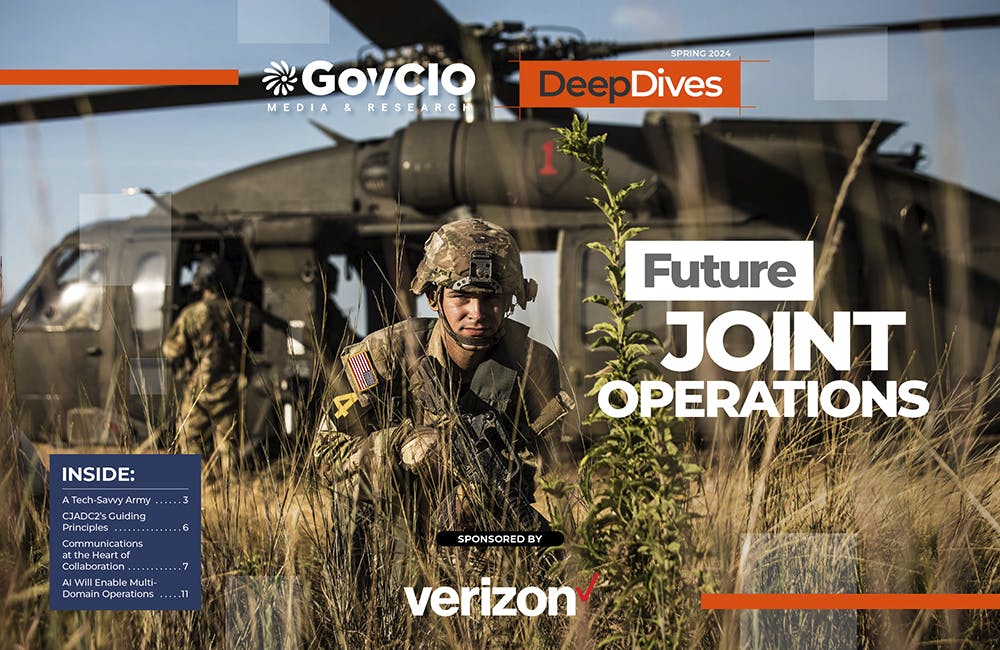Federal Agencies Building In-House AIOps Expertise
Knowledge-building is essential for organizational adoption of artificial intelligence and DevOps practices.

Supporting the workforce and sharing knowledge across agencies remain necessary components toward adopting successful artificial intelligence and DevSecOps practices, according to leaders at NASA, Army Futures Command and the Department of Veterans Affairs.
At NASA, Chief Data Officer and Deputy Director for Digital Transformation Ron Thompson is bringing together a collaborative knowledge-building effort designed to elevate NASA’s mission as a whole.
“The focal point that we have right now is really identifying pockets of excellence within the organization. NASA is a very federated organization. Like many, we have very disparate missions,” Thompson said at Thursday’s Disruptive DevSecOps event. “What we’re doing as part of our transformation is gaining awareness of where those pockets of excellence are and encouraging, sharing and making sure we do this in a very secure fashion.”
Thompson also noted that much of this DevOps knowledge is being shared with other agencies looking to expedite their development cycles.
A similar process is occurring across the Defense Department, with separate wings of the U.S. armed forces looking to collaborate and build the DevOps knowledge necessary to modernize.
“The military, DOD and the Army are very federated and spread globally,” said Col. David Bradshaw, deputy director of the AI Task Force at Army Futures Command. “What we’ve seen is, as senior leaders start to adopt this technology, there’s a vast space between users on the ground and actual decision-makers at the top who are in some cases making multi-million dollar decisions on technology that will be used by the users at the lower end.”
Outside of the defense and technology sphere, agencies dedicated to providing services directly to U.S. citizens are also looking to implement DevOps practices to improve their essential care lines — including at the VA, which stands as America’s largest civilian agency.
“One of our main IT goals from Secretary Wilkie is to improve customer service to our veterans and orient our digital service strategy to deliver that,” said Dave Catanoso, director of the VA’s Enterprise Cloud Solutions Office. “We operate the largest integrated health care system in the country … So DevSecOps and AIOps are things we’re looking at to really deliver on that goal of best customer service provided for our nation’s veterans.”
Much of this in-house knowledge-building is currently aided by the private sector, with learnings derived from industry being shared with federal partners.
“It’s about identifying the proper use cases. We’ve got an influx of data these days — including enterprise data and mission data — and are trying to identify how to best rationalize that. When applied to AI, it’s not a one size fits all. So let’s see what the mission problem is that we’re trying to solve, and then let’s come up with a solution that’s gonna address that,” said Matt Walker, federal sales director at Dell Technologies.
This is a carousel with manually rotating slides. Use Next and Previous buttons to navigate or jump to a slide with the slide dots
-

Federal Agencies Make the Case for Quantum
Amid development of emerging technologies like AI and machine learning, leaders see promise in quantum computing.
6m read -

Cyber Incident Reporting Regulation Takes Shape
An upcoming CISA rule aims to harmonize cyber incident reporting requirements for critical infrastructure entities.
5m read -

Connectivity Drives Future of Defense
The Defense Department is strategizing new operating concepts ahead of future joint force operations.
8m read -

5 Predictions for AI in Government Technology
Agencies are setting plans in motion not only to integrate AI into their enterprises, but also ensuring the data that power these systems are fair.
41m watch








